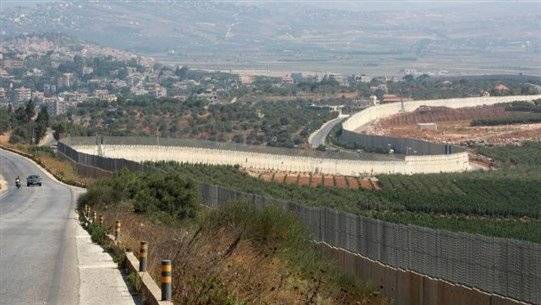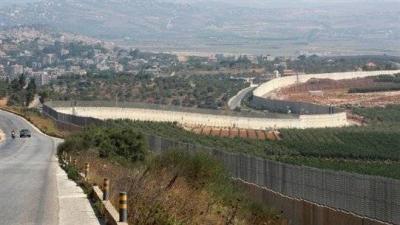The process of achieving the historic milestone represented by the Beirut and Tel Aviv agreement on demarcating their maritime borders, transcending intense animosity, wars, and rivers of blood between them, has proven that nothing is impossible under the sun, and every dispute has solutions through dialogue and diplomacy. The United States made its decision and activated its channels, achieving what it wanted amid a triangle of interests, culminated by President Joe Biden's calls to the necessary parties on both shores to congratulate and commend them, and most importantly, to counter any attempt at reconsidering the agreement after both sides approved a format crafted by Amos Hochstein, the broker and mediator, who pressed for a signature before the Israeli elections in early November, considering possible repercussions and the end of President Michel Aoun’s term, anticipating a presidential and governmental vacuum that would leave no one to sign the agreement on the Lebanese side.
A few days remain until the agreement is finalized with signatures from Lebanese and Israeli officials before being sent to the United Nations and preserved as a document there. The obstacles have been overcome, and the objections to concessions from opponents on both sides have been surpassed, the latest being the approval of the Israeli small cabinet today to pass the border demarcation agreement with Lebanon. So what comes next? Will the demarcation process stop at maritime borders and the enforced U.S. interests in light of the urgent need to extract gas and oil to supply Europe, especially after Washington embroiled the old continent in a "global" war against Russia, making Europe pay a very high price, particularly following the OPEC+ decision to cut production quotas and the resulting tensions between Saudi Arabia and the United States?
If the U.S. mediation has successfully operated in maritime issues through dialogue and peaceful negotiation, why not continue the process on land, from the extreme south to the extreme north and east of Lebanon, making it a state with fully demarcated borders recognized and documented by the international organization like all other countries?
Whether we like it or not, says a political source opposed and knowledgeable about the details of the demarcation file to "Al Markaziya," it must be acknowledged that the maritime border demarcation opened a channel with Israel that cannot be closed any longer, as the signing of the agreement may have implications and consequences not currently included in the calculations. The mutual interest dictated by the sea might someday be imposed on land, relying on the ceasefire agreement at a minimum.
He adds: It is well-known that one of Lebanon's most prominent crises lies in the weaponry classified as resistance against the Israeli enemy, which has no longer applied for many years now, except through the positions and threats launched by Hezbollah’s Secretary-General Hassan Nasrallah, the first to rejoice at the demarcation agreement through the "Great Devil," after he sold the Lebanese people a deterrent stance by insinuating that his threats and the rehearsals of his marches compelled the Israeli to yield to Lebanon's conditions, surpassing the significant U.S. decision to impose demarcation at any cost, and Lebanon's concession of Line 29, which deprived it of more than 1400 km that are its rightful territory as confirmed by the military negotiation team based on in-depth studies and research conducted over more than a year, employing a British office specialized in the issue, which is among the most important internationally.
Accordingly, the source asks why Lebanon does not complete the border demarcation, with American, Russian, or other international mediation capable of effectiveness, southward with Israel and northward and eastward with Syria, including the Shebaa Farms used as a pretext to legitimize the illegal weaponry? Knowing that if the decision is made by the Lebanese authorities and there is the will to act, it may find its way to implementation without that meaning official normalization with the enemy.
If oil and gas extraction is a way to rescue Lebanon financially, the path to saving it is plotted, starting with confining weapons to the legitimate military institution, after the party's weapon status shifted from "stand by" to "out of service" following the maritime demarcation, in light of the security guarantees stipulated in the demarcation agreement, although it allowed some leeway for Hezbollah to preserve face through the yet-to-be-determined maritime region, unless some still believe that the deterrent force that Hezbollah suggested was behind gaining Lebanon's demands in the agreement would also act when the time for land demarcation arrives, ushering the region into a significant settlement era that is no longer far away, the sources conclude. So, will Lebanon seize the moment to rescue itself and return to its historical Arab axis capable of revitalizing and pulling it out of its slump, or do the requirements of the axis that has drowned it still necessitate its use as a card until then?




